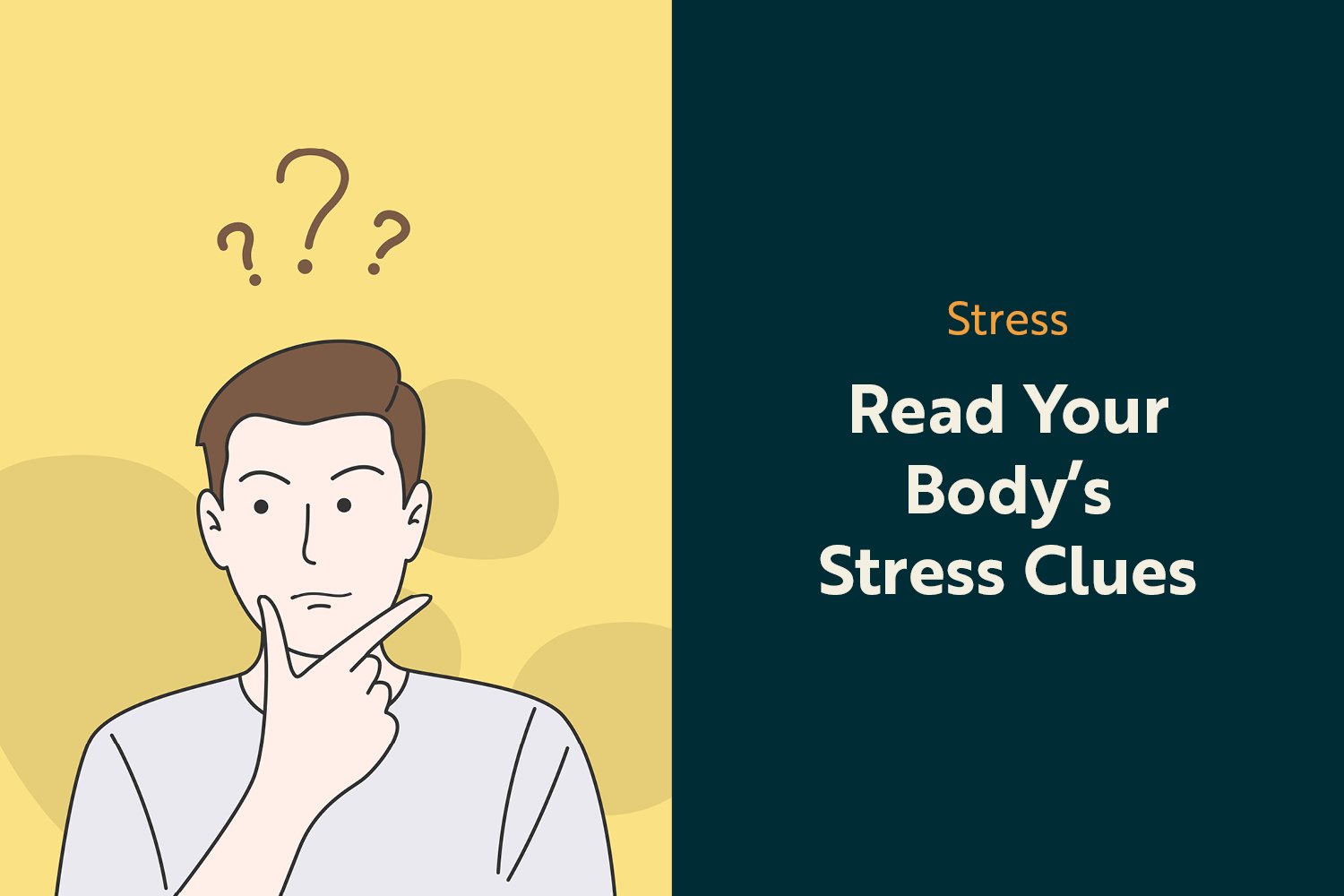
Our bodies are highly skilled at sending us messages, often long before stress shows up as illness or chronic pain.
Learning to notice these signals can help you take early steps to care for yourself and reduce the risk of burnout.
It’s about building a better understanding of how your body responds to stress and supporting it before problems build up.
Discomfort in the body isn’t always due to injury or illness. Sometimes, it’s a sign of stress.
When stress builds up, muscles tend to tighten, especially around the neck, shoulders, and back. This tension can lead to stiffness and pain, often without a clear physical cause.
Over time, persistent muscle tightness can affect posture and movement.
This may then contribute to further discomfort or restrict how easily you move through daily activities.
Everyone experiences stress differently, but the body often stores tension in specific areas. These areas can act as early warning signs that you’re feeling overwhelmed.
Some common “stress hotspots” include:
The way we move and sit throughout the day can shape how and where we hold tension.
For example, sitting at a desk for long periods may strain the neck and back. Repetitive tasks, even simple ones like typing or carrying bags, can create imbalances over time.
Being more aware of your posture and taking short movement breaks during the day can help reduce this buildup.
The earlier you notice stress signals, the sooner you can act.
Developing body awareness means tuning into how your body feels, without judgement or pressure to “fix” it. This awareness can help you notice when something is off, before it becomes a bigger issue.
Practices like mindfulness meditation, gentle stretching, or body scanning exercises can improve how in touch you feel with your body.
Here are a few ways you can get better at reading your body’s signals:
Pause throughout the day and ask yourself: Where am I holding tension? Is my breathing shallow or relaxed?
Whether you’re walking, stretching, or doing yoga, pay attention to how your body feels as you move.
Keep a simple log of physical symptoms and how you were feeling emotionally at the time. Patterns can become clearer this way.
A chiropractor, massage therapist, or similar practitioner may be able to help you identify areas of tension and imbalance. They can also suggest supportive strategies to address them.
By noticing your body’s stress signals early, you can take steps to reduce their impact.
Caring for your body this way isn’t indulgent, it’s essential for staying healthy and resilient.
We are based in three locations and share buildings with Prestige Dental Care.